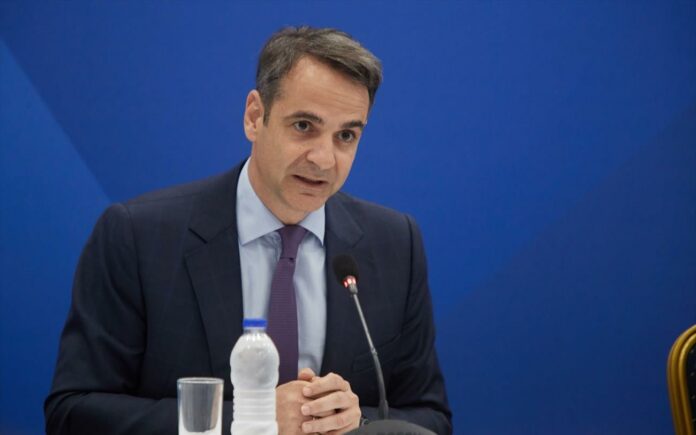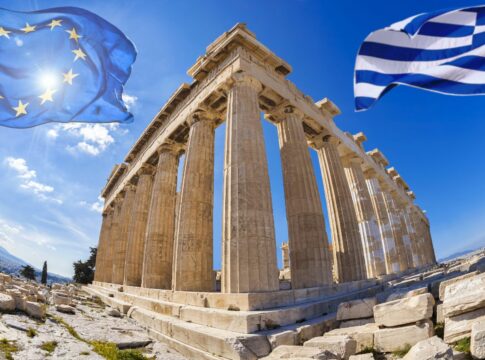Main opposition New Democracy (ND) leader Kyriakos Mitsotakis challenged his political rival, Greek Prime Minister Alexis Tsipras, to call snap elections in September if he (Tsipras) believes the “memorandum era” ends in August.
The third consecutive Greek bailout ends in August 2018, with the poll-trailing Tsipras coalition government maintaining that the program’s conclusion means a “clean exit” from the crisis era. Regular elections are scheduled for the second half of 2019.
“If they (government) believe they are telling the truth, let them prove this truth in the ballot box. If they are not afraid of ND, let them face us …the cycle of lies and irresponsibility must close out with elections,” he told party cadres in Athens on Friday.
Mitsotakis also latched on to the most recent statements by FinMin Euclid Tsakalotos on Thursday, who directly referred to a post-bailout supervision by creditors.
“The only thing that ends is the country’s cheap borrowing. Mr. Tsakalotos admitted that this supervision will be strict. He (FinMin) tore down the fiesta of a ‘clean exit’, which staged yesterday (Thursday) by Mr. Tsipras in the presence of Commission president Jean-Claude Junker (in Athens).”
In ramping up his criticism, Mitsotakis also said the recent announcement of an over-performance, by the Greek state, in achieving a primary budget surplus for 2017 is a “fiscal bubble”, one based on “over-taxation, reduced pension rates and (receiving) Community subsidies, but not due to an over-performance of the economy”.
“We are the only country that has (still imposed) capital controls … Citizens and professionals are paying higher VAT rates everywhere … All for a ‘fiscal bubble’ of surpluses, on top of which now the bubble of a ‘clean exit’ has been added, a bubble that has already popped as (austerity) measures have already been taken for the coming period… This is what Mr. Tsipras is portraying as the end of the memorandums,” he underlined.














